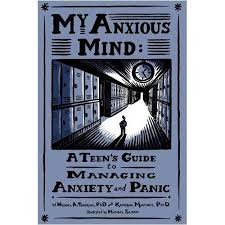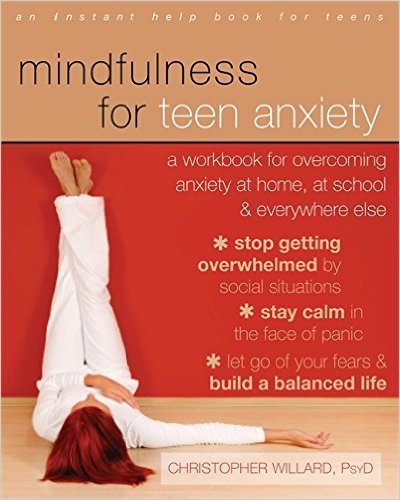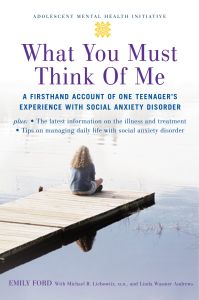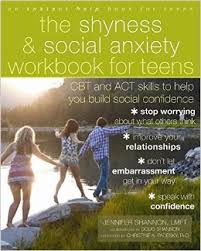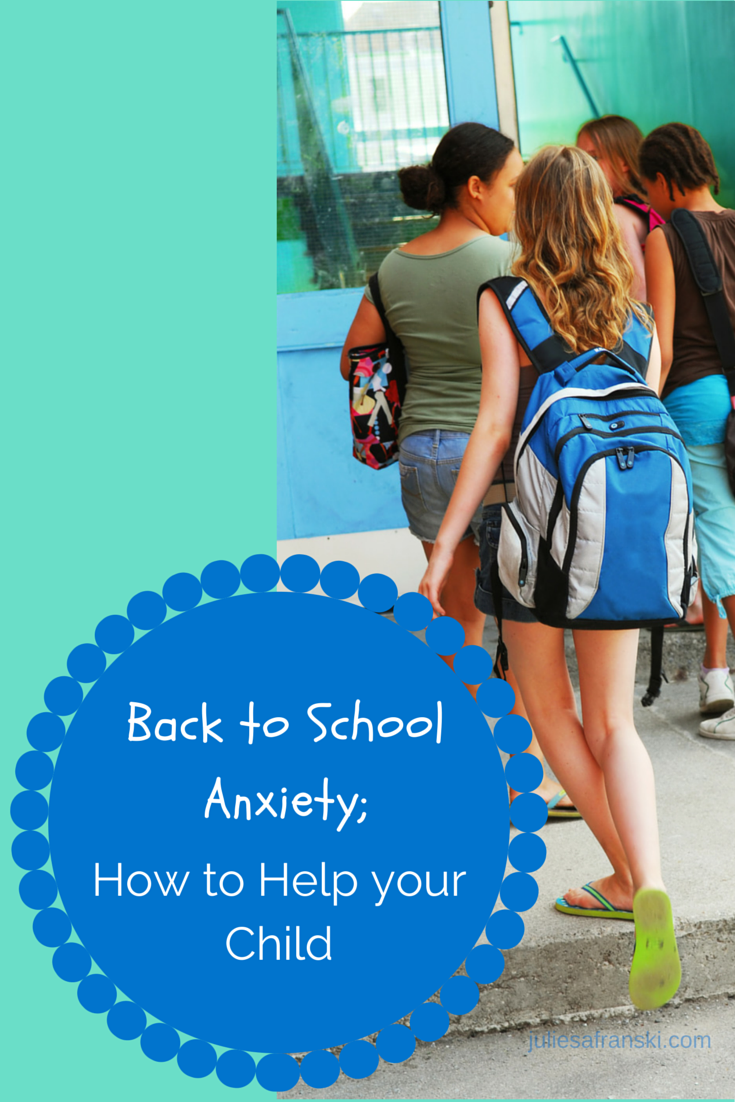Your teen has been snapping at you when you ask them how was their day. They yelled at their sister for bothering them when all they were doing was asking to borrow something. Your kid is silent at the dinner table and when you ask why, they say it’s because they are tired and have a lot to do. You see bags under their eyes from not enough sleep. Teen stress is not uncommon, and your high school student may be struggling to manage. As a parent, you hate to see your child like this but not sure what you can do. Here are four tips to help your teen manage their stress.
Teen Stress Tip #1: Make sure that their basic needs are being met
Too many high school students say they don’t eat all day until they get home because they “don’t have time”. Or teenagers report they were up so late doing homework into the middle of the night and had 3 hours of sleep (of course there are the ones who were on their phone or playing video games too). We know that teenagers need 8-10 hours a night and they need to be eating throughout the day. Can you force your high schooler go to bed at a certain time or eat 3 meals? Probably not but having a conversation about your concern about not eating or sleeping may be more impactful than you think. They might just need the encouragement to make better choices. Or they need help to problem-solve what are the best options for them (e.g. bring breakfast on the go and bringing snacks throughout the day). Also enforcing a no-phone rule after a certain hour by charging their phone in a community area of the house may be the structure they need to limit their distractions.
Teen Stress Tip #2: Make sure they actually have some downtime
I am a big proponent for self-care to manage stress. This includes for teenagers too. High school students often are going to school starting at 6am for an early morning practice until 11pm at night working on their homework. No one should be keeping that schedule on a regular basis so why are we making our kids do that? Teenagers should be able to find at least 15-30 minutes a day to veg out doing whatever makes them relaxed. Everyone’s brain needs that downtime. So whether that is watching Netflix, listening to music, catching up with friends on social media, it is their time to not have any requirements. Also, encouraging the downtime may actually decrease their distractions while trying to do homework because they at least “checked-in” with their friends.
Teen Stress Tip #3: Eliminate unnecessary activities
Some kids just LOVE being involved in everything and have a hard time choosing what really they would like to focus on. But then there are high school students who think they should be in all these activities because they feel their parents want them to, “it looks good for college applications” or it seems like all their friends are doing it. Often kids just have to many commitments that stretch their time too thin and they end up not enjoying anything they are doing. Help them prioritize what makes most sense for them now to continue and what they could eliminate in their day to make them less overwhelmed. Maybe the piano that they have been playing since elementary school now does not provide the same spark as it did in the past. Or the regular part-time job babysitting is more important because they can do homework after the kids go to bed and they get paid for it. A conversation with your teenager may just be the relief they are looking for and the permission to give up something they do not find joy in anymore.
Teen Stress Tip #4: Keep parental expectations in check
I have worked in many school settings in which college was the end game for most students. But now there is more is the emphasis of getting into the “best” or the “right” school. Some kids are naturally academically inclined, love learning, and are self-motivated to push themselves to do their best. This means taking the hardest classes, being involved in the most activities, volunteering etc. to get into THE school of their choice. If a heavy schedule of activities are driven by the teenager (with a realistic perspective) there is less of a concern than if it is something they feel they should be doing based on other social or family pressures. I also think that some kids take AP classes and it ends up not being worth their time. Kids need a certain score to gain college credit. But often kids have to score at the highest level to gain the credit or end up going to a school that do not accept AP credits. Is the extra AP class really needed when really their heart lies in a different subject or activity? (eg. they are involved in community theater and want to do that in college). Think about the messages you may be sending as a parent about how much they should be doing. Kids can sense expectations even if they are not explicitly stated and will want to meet your standards. A frank conversation about their future goals may be a way to eliminate the stress they are feeling.
After reading this, you may wonder if your teenager is stressed or has a more serious issue such as anxiety. Check out my previous post for more information. If you still have more concerns, you may want to seek the assistance of a mental health professional. A psychotherapist can help your child find stress management techniques work for them and an effective self-care routine.
Julie Safranski, LCSW is a Chicago psychotherapist. She loves to work with teenagers to help find their balance in managing stress before they enter real world of adulthood. She can be contacted at js@juliesafranski.com.



